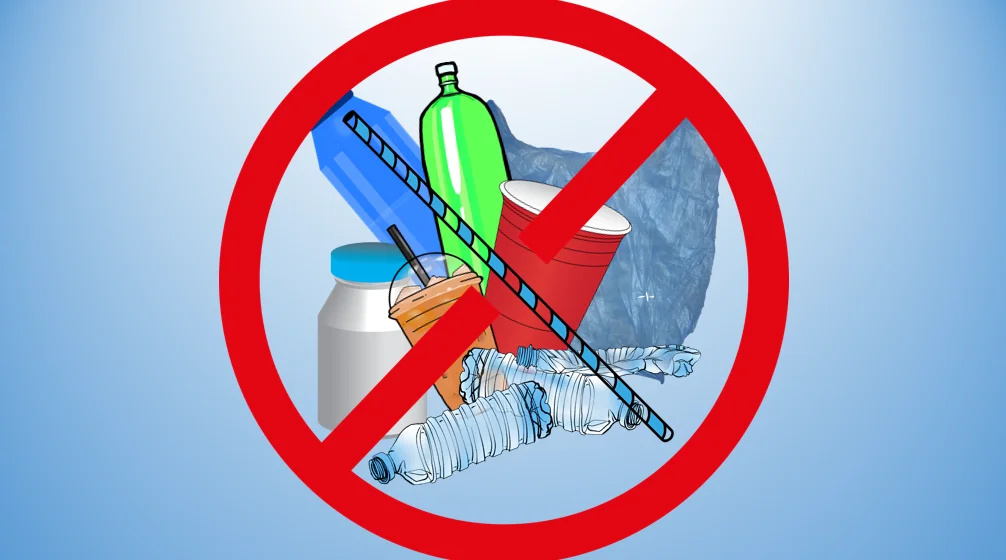Avoid Lawsuits, Shift Away from Plastics
By: Jewel Bouvier P. Atienza, Mark Daniel Pacheco
In April 2023, 32 Philippine consumers filed a case with the Department of Trade and Industry (DTI) against the top plastic polluters in the Philippines, namely Coca-Cola, PepsiCo, Nestle, Unilever, Procter and Gamble, Colgate Palmolive and Universal Robina Corporation for false and misleading recyclability claims and dangerous plastic packaging. Last February, the complainants and Procter and Gamble settled the complaint amicably while the consolidated case against the six other corporations continue. This case is just one of the 72 cases filed in many parts of the world involving plastics. Think tanks, insurance groups, and thought leaders anticipate plastic litigation on the rise even more soon.
There are many ways that a business can shift away from plastic. In the first place, plastic was not really an inherent part of our life, being widely manufactured/used beginning only in the 1970s. Not only will this be good for the environment, but it could also help companies avoid getting involved in plastic litigation.
Reducing plastic and investing on refill, reuse and other environmentally sustainable modes of product delivery is the right thing to do. It is also consistent with various movements for good business.
One of these is for Corporate Social Responsibility (CSR) which brings value to the community and generates a positive impact. Corporations can reduce their use of plastic in their products and packaging by using alternative materials, redesigning their products to use less plastic, or simply going back to the way how products are transferred to consumers – through refill schemes – which can also mean avoiding costs on their part in buying materials and avoiding fines and penalties in the future with the government strictly implementing the EPR law.
Essentially, it also means working with the environment as well as the community that generously hosts their business operation. Listening to what the communities say about their products, knowing their perception, and reflecting on what they demand will eventually earn their trust, even loyalty, thus making the business stronger and more profitable. Plastic pollution has a significant impact on people and the environment. While plastic has been widely used for the convenience of both producers and consumers of various products worldwide, its impact on the environment is now blowing up to catastrophic proportions.
Ocean plastic pollution has impacted coastal and marine ecosystems and is starting to take its toll on marine biodiversity. Ingested, these plastics can result in the death of marine life. Whales, sharks, and even marine turtles mistake plastics for food while plastics and other solid wastes that sink choke our corals, seagrass, and other important and life-supporting species.
Plastic wastes that have been in our rivers, lakes, and oceans are threatening our health and well-being, our rich marine biodiversity, with microplastic contaminating not only rivers, lakes, and oceans but also our food – fish, and other seafood, including salt. There were also recent reports about microplastics contaminating milkfish, a Filipino favorite, and there is a huge possibility that Tilapia, mussels, or tahong and talaba, are also contaminated.
By now, we are way past the blaming the game in the Philippines when it comes to plastic pollution with the enactment of the Extended Producer Responsibility (EPR) law which passes the responsibility of recovering wastes – particularly single-use plastics that pollute our waters – to big manufacturing companies.
In the first place, single-use plastics are the source of these menacing problems and they are raking profits at the expense of the people who buy their products and the world that we all live in.
A critical movement in today’s business world is environmental, social, and corporate governance (ESG). This ensures that companies consider not only their profit but their impact on the environment and society as a whole.
Its recognition and influence on business operations and decision-making processes is a welcome development as it is crucial for a good number of reasons.
ESG compels companies to consider broader societal impacts alongside the profitability of their every undertaking especially in the face of climate change impacts that challenge business sustainability.
ESG ideally demands honesty and fair trade practices. It prompts companies to put more integrity in their products through transparency. This also means, in a more important context, being true to their product marketing and promotion, including and most especially, their advertisement.
This means beyond profits, adopting the mantra “do good, look good, feel good”, eventually boosting their product’s patronage, enhancing support from the public – buyers in general - including from their host communities that can also help protect their business once people start to feel and appreciate the benefits of the company’s existence in their area.
Some companies have started to adapt and integrate ESG in their business plans and models but companies have so much more to offer beyond regulatory compliance which leads to good corporate citizenship in the truest sense of the word.
Giving back can mean anything and anywhere – from philanthropy to volunteerism, including ethical labor practice.
In the context of environmental sustainability, it should be linked to efforts to minimize its carbon footprint and negative impact on the environment – including plastic pollution.
Unfortunately, some companies are merely greenwashing their bad practices and relentless plastic production. That’s why the 32 Filipino consumers and many other like them in other parts of the world took legal action against them.
Thus, to avoid plastic litigation, businesses must shift away from plastic.

